Learn about the latest Health Links® happenings and news below. Have a story to share? Get in touch.

Health Links® recognizes Colorado employers dedicated to advancing workplace health, safety, and well-being annually. At this year's event, Celebrating Healthy Workplaces, Health Links honored award winners and finalists for their remarkable achievements. The event gave attendees a unique and exciting opportunity to learn from successful business leaders and peers and collaborate with like-minded professionals. Throughout the event, participants explored services and programs aimed at helping them achieve workplace health, safety, and well-being goals.
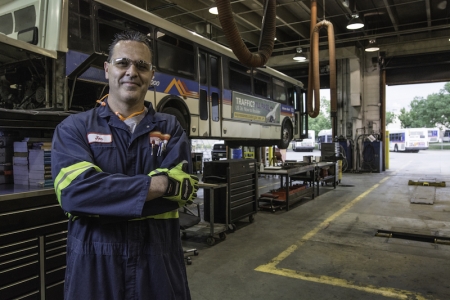
Health Links® extends its deepest gratitude to Governor Jared Polis for proclaiming August 22, 2024, as Colorado Day of Total Worker Health®. This declaration underscores the critical importance of investing in the health, safety, and well-being of Colorado's workforce.

Governor Polis has signed Senate Bill 24-048. The legislation will invest nearly $1.5 million over the next four years in the Center for Health, Work, and Environment (CHWE) at the Colorado School of Public Health (ColoradoSPH). Specifically, the legislation will support the Center and School’s efforts to establish Recovery Friendly Workplaces (RFW) and implement a voluntary employer participation and certification program to support individuals recovering from addiction and coping with other mental and behavioral health challenges.
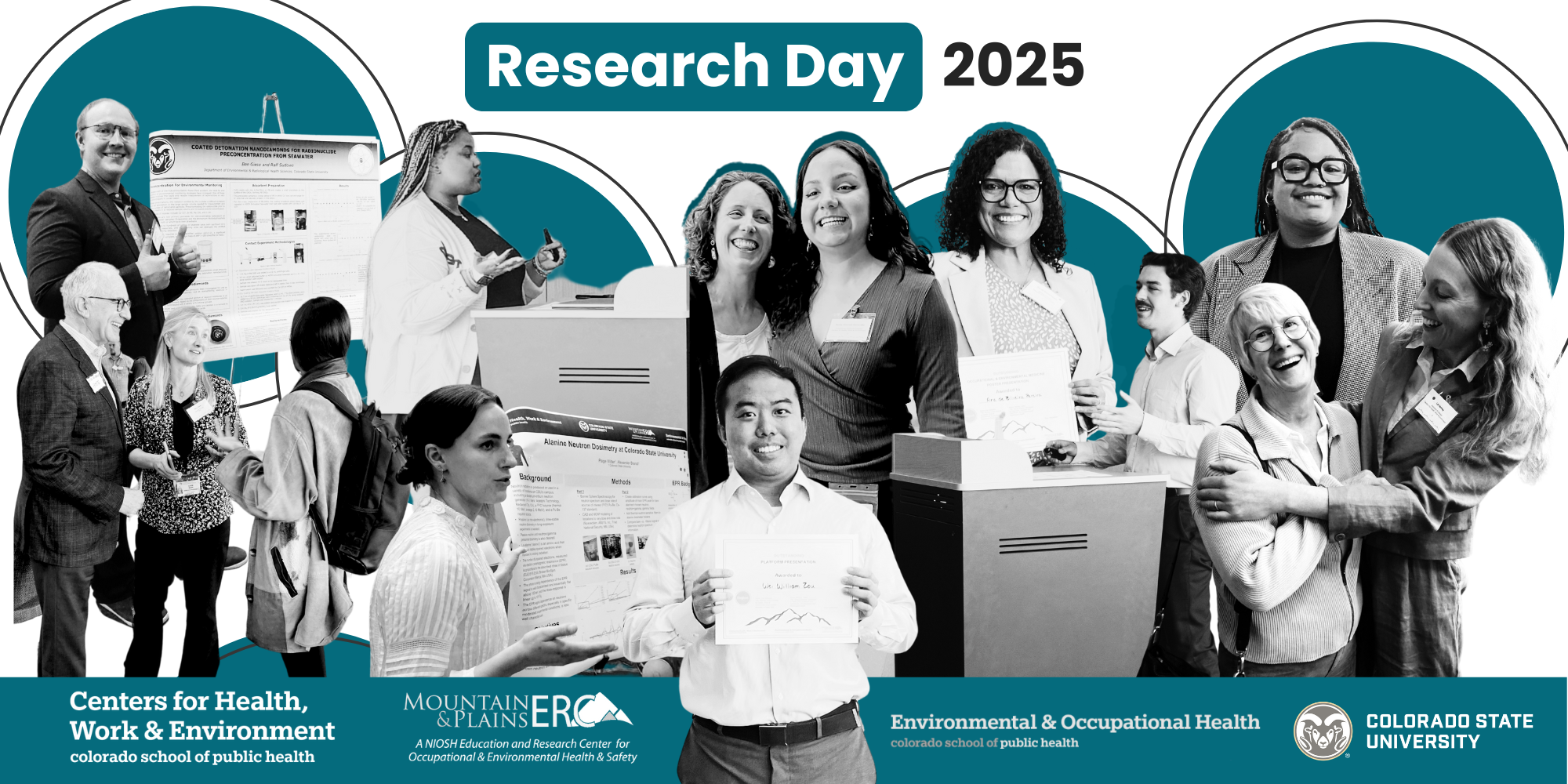
In April, the Mountain & Plains Education and Research Center (MAP ERC) of the Centers for Health, Work & Environment (CHWE), in partnership with the Department of Environmental & Occupational Health (EOH), Colorado State University, and the Colorado School of Public Health, hosted the 16th Annual Research Day Symposium—a day dedicated to showcasing the innovation, passion, and impact of the next generation of occupational and environmental health leaders.

The Mountain West Hub has completed Phase I of a National Institutes of Health (NIH) funded project designed to engage residents in Colorado’s rural San Luis Valley and urban neighborhoods of West Denver in learning about and identifying strategies to address environmental stressors such as wildfires, poor air quality, extreme heat, and drought.
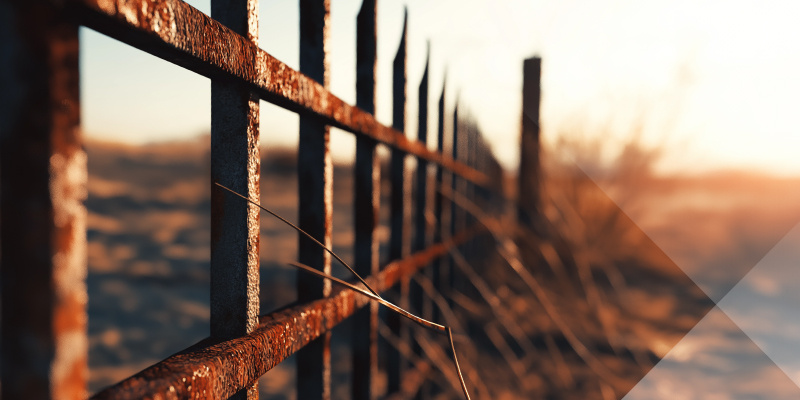
Imagine you’re an agricultural worker in the San Luis Valley. What might your top concern be? For Colorado School of Public Health Associate Professor Katherine James, PhD, MS, MSPH, the answer was surprising – food security.

Imagine you’re an agricultural worker in the San Luis Valley. What might your top concern be? For Colorado School of Public Health Associate Professor Katherine James, PhD, MS, MSPH, the answer was surprising – food security.
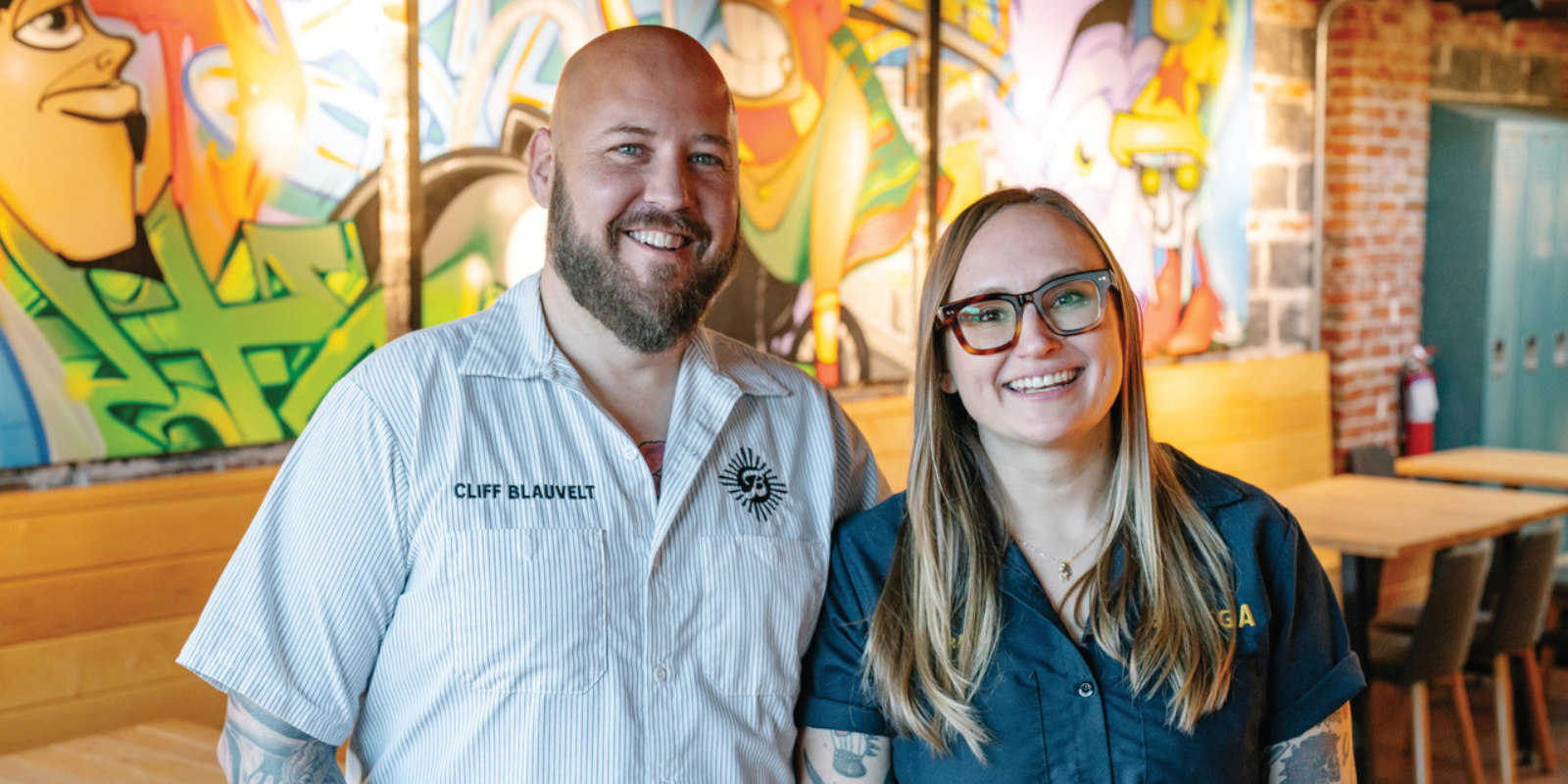
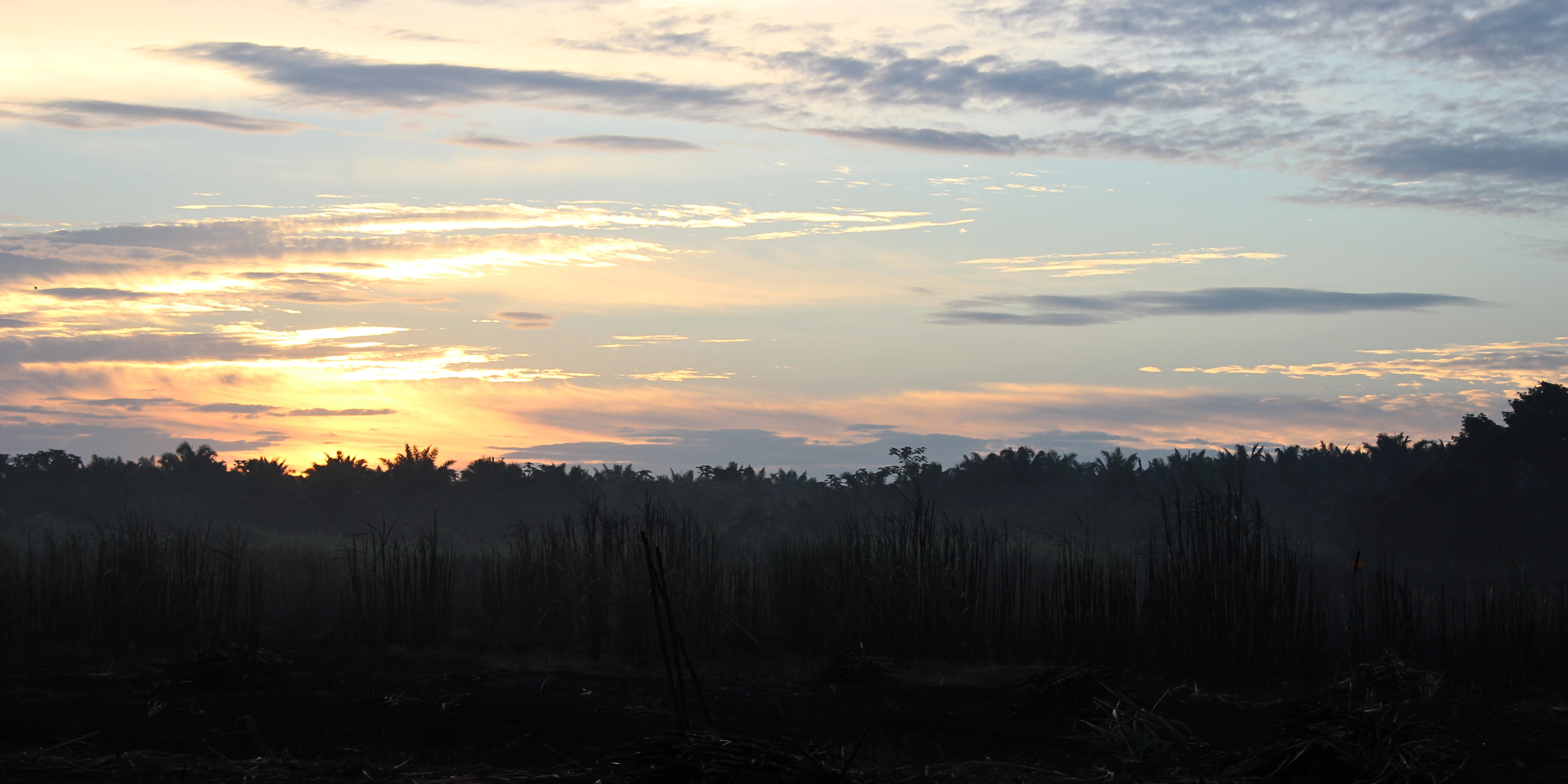
Madison Goering, MSW, MPH, senior professional Research Assistant at the Centers for Health, Work & Environment reflects on her recent research trip to Guatemala.

In early January, a group of five students from Colorado State University (CSU) and CU Anschutz Medical Campus visited Idaho National Laboratory (INL) for a weeklong trip. Made possible by the Mountain & Plain Education and Research Center and in collaboration with CSU alumni at INL, this trip allowed graduate students, myself included, to see what it is like to work at a national laboratory and how health physics is used in the field.
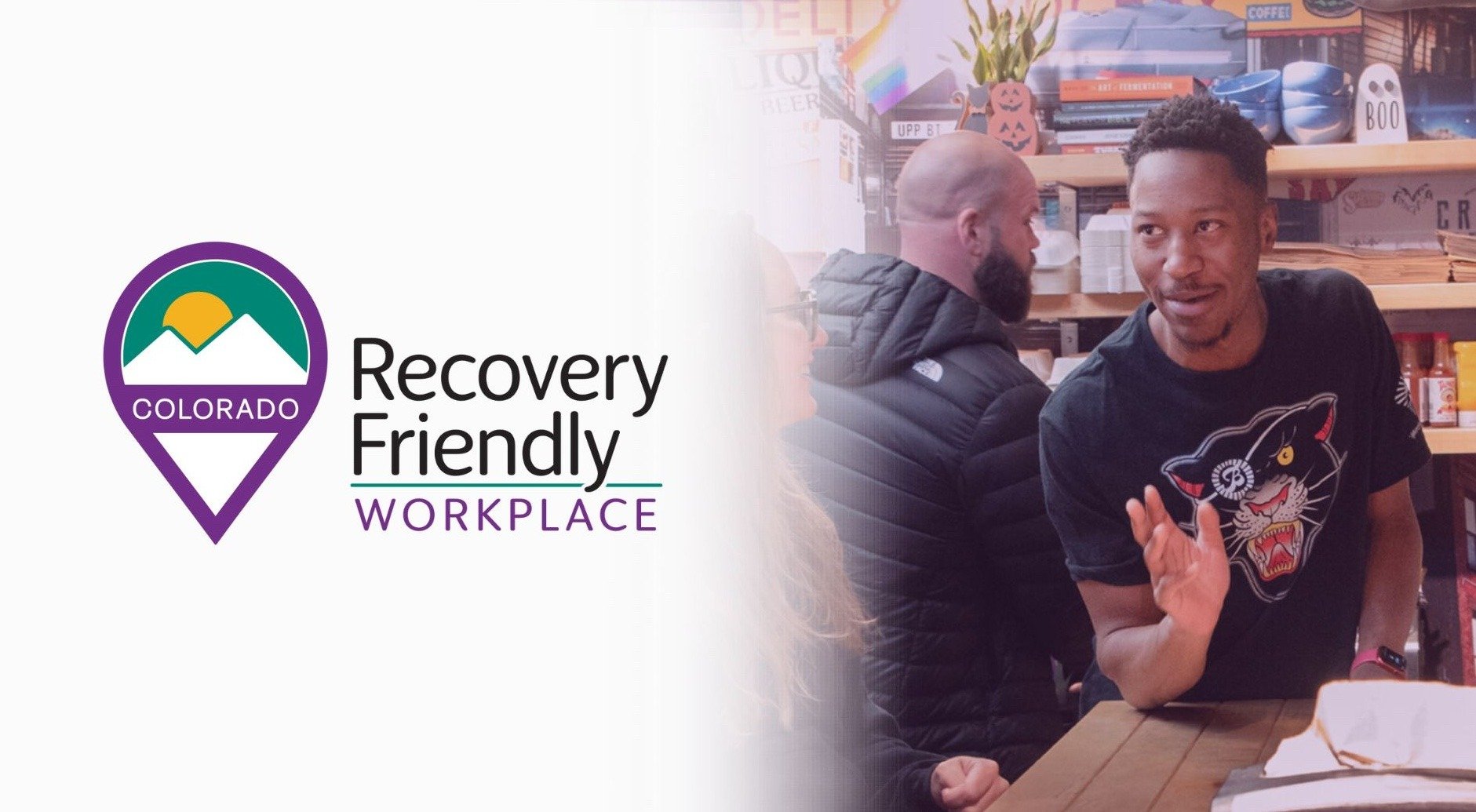
AURORA, COLORADO (January 23, 2025) – The Centers for Health, Work, and Environment (CHWE) at the Colorado School of Public Health (ColoradoSPH) has launched the Colorado Recovery Friendly Workplace Initiative™, a voluntary certification program designed to help employers support workers facing substance use and mental health challenges.

AURORA, COLORADO (January 23, 2025) – The Centers for Health, Work, and Environment (CHWE) at the Colorado School of Public Health (ColoradoSPH) has launched the Colorado Recovery Friendly Workplace Initiative™, a voluntary certification program designed to help employers support workers facing substance use and mental health challenges.
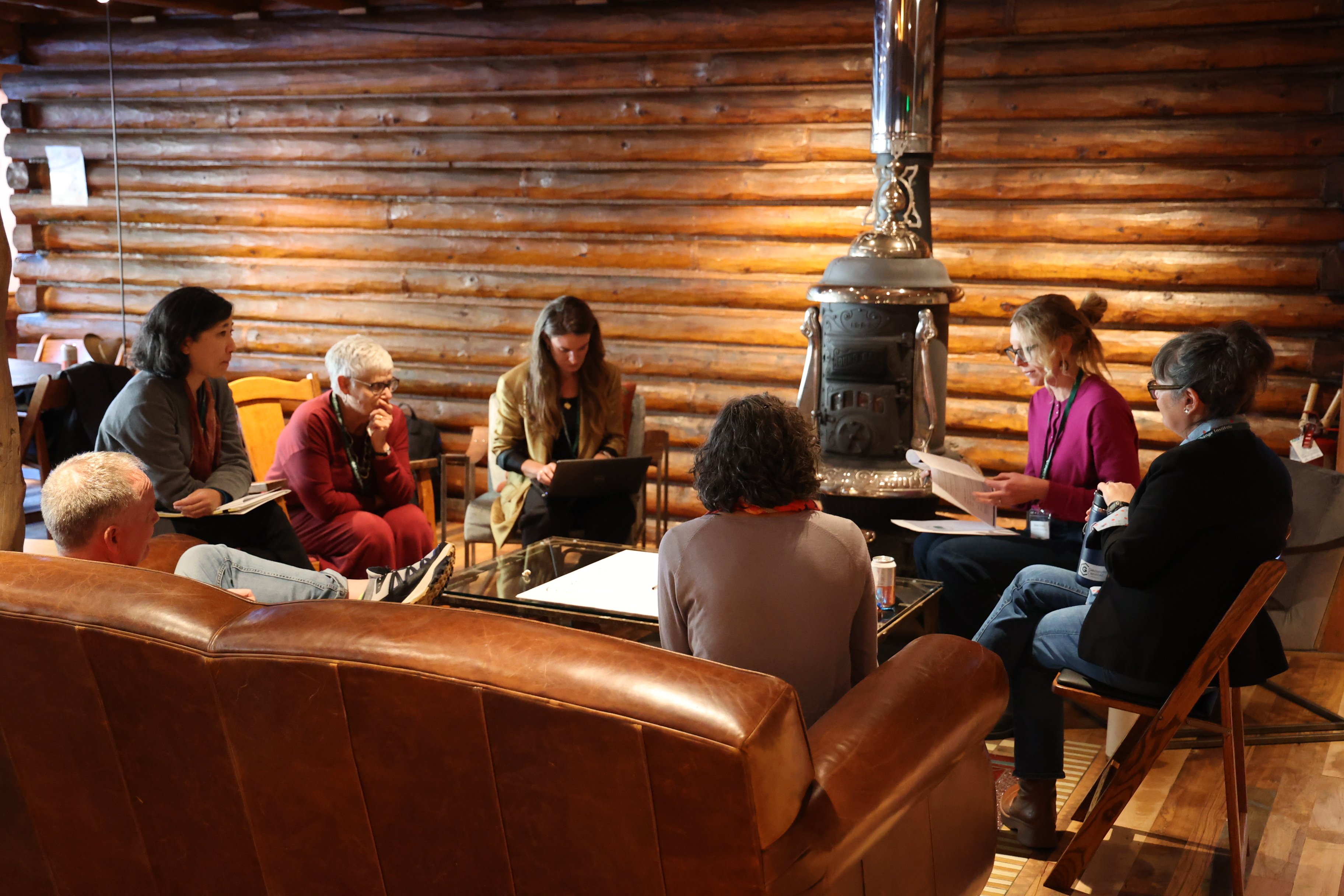
Hosted at the scenic and historic Catto Center in Aspen, Colorado, the Aspen Global Change Institute (AGCI) convened the workshop, Protecting Workers in the Face of Climate Change at the Policy & Research Nexus, from November 10–15, 2024. Co-chaired by Lee Newman, MD, MA, Miranda Dally, DrPH, MS, and Lili Tenney, DrPH, MPH, from the Centers for Health, Work & Environment, the event brought together global experts in public health, climate science, policy, economics, government, and advocacy to address the escalating impacts of climate on worker health and safety. The event included presentations, interactive breakout sessions, and action planning to bridge the gap between science and policy.

Hosted at the scenic and historic Catto Center in Aspen, Colorado, the Aspen Global Change Institute (AGCI) convened the workshop, Protecting Workers in the Face of Climate Change at the Policy & Research Nexus, from November 10–15, 2024. Co-chaired by Lee Newman, MD, MA, Miranda Dally, DrPH, MS, and Lili Tenney, DrPH, MPH, from the Centers for Health, Work & Environment, the event brought together global experts in public health, climate science, policy, economics, government, and advocacy to address the escalating impacts of climate on worker health and safety. The event included presentations, interactive breakout sessions, and action planning to bridge the gap between science and policy.

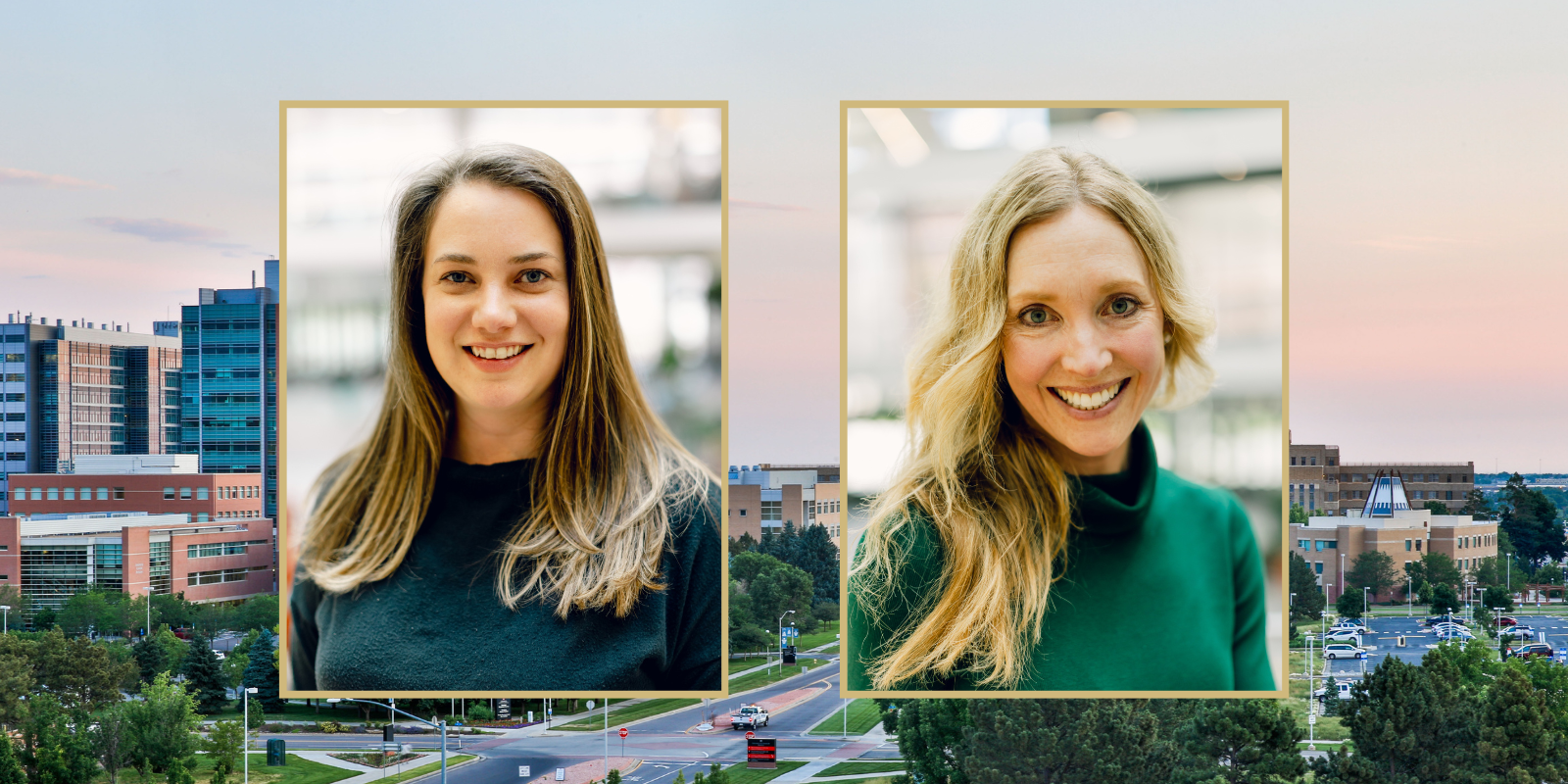
Natalie Schwatka, PhD, MS, assistant professor at the Centers for Health, Work & Environment (CHWE) at the ColoradoSPH, is leading a new five-year project addressing the critical safety and mental health challenges in construction, a field known for high rates of injuries, fatalities, and psychosocial issues, including suicide and substance use.
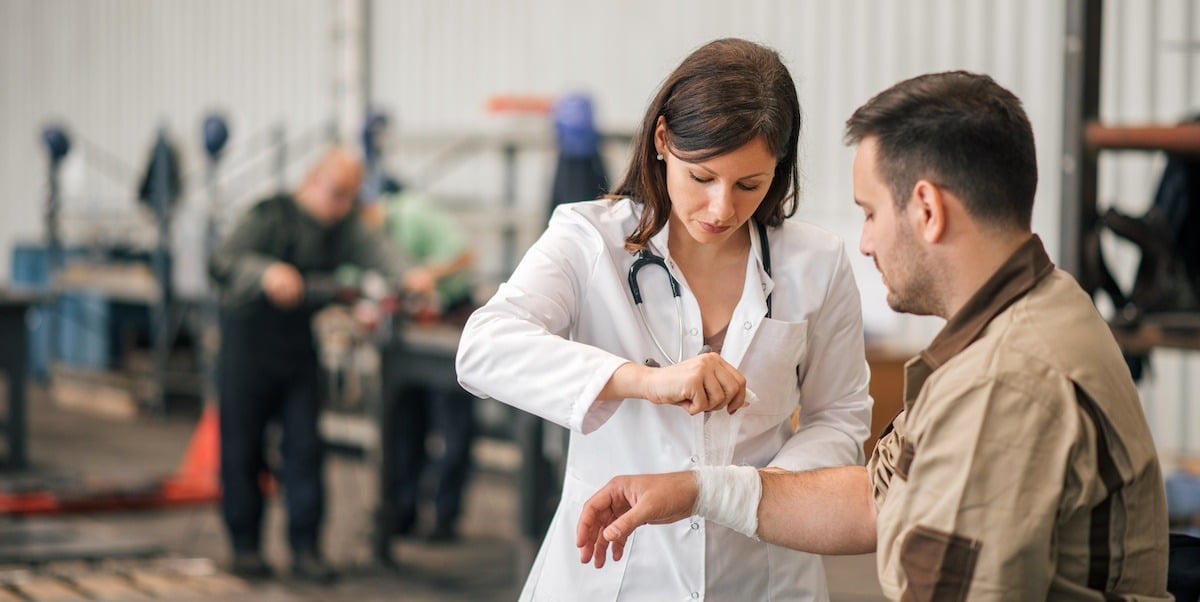
Occupational medicine physicians are well known for having the lowest rate of burnout and highest job satisfaction of any medical specialty. However, most graduating medical students are not aware the field exists or are deterred from applying for residency by the match process.
Despite the challenges facing recruitment, the University of Colorado and the Colorado School of Public Health (ColoradoSPH) have been training physicians in this specialty for 30 years. The ACGME-accredited, two-year occupational and environmental medicine (OEM) training program began in 1994 at the University of Colorado School of Medicine and transitioned to the Colorado School of Public Health in 2009. Its mission is to train outstanding, board-certified physicians with the knowledge, leadership and skills to provide occupational and environmental professional services in a wide variety of settings including academic, governmental, corporate, military and community-based organizations.
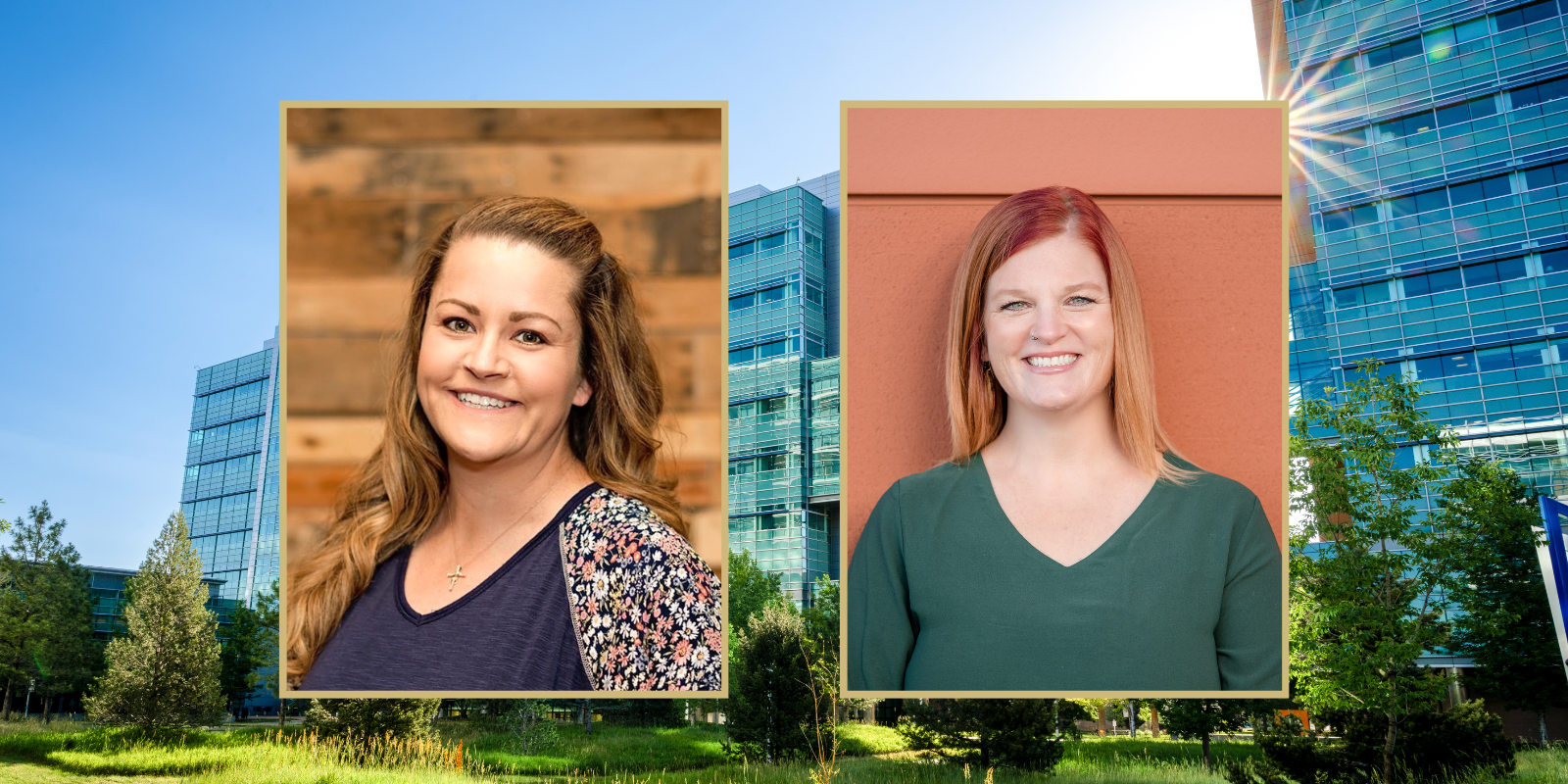
The Total Worker Health® Pilot Project Program offered through the Centers for Health, Work & Environment, has awarded funding to two innovative projects aimed at enhancing the well-being of essential yet underserved worker populations. Awarded leads of these two projects, Lisa Gonzales and Sara Kohlbeck, share more details about their research and what excites them most about their projects. Their responses provide a glimpse into the goals, target populations, and innovative activities designed to improve well-being in challenging work environments.
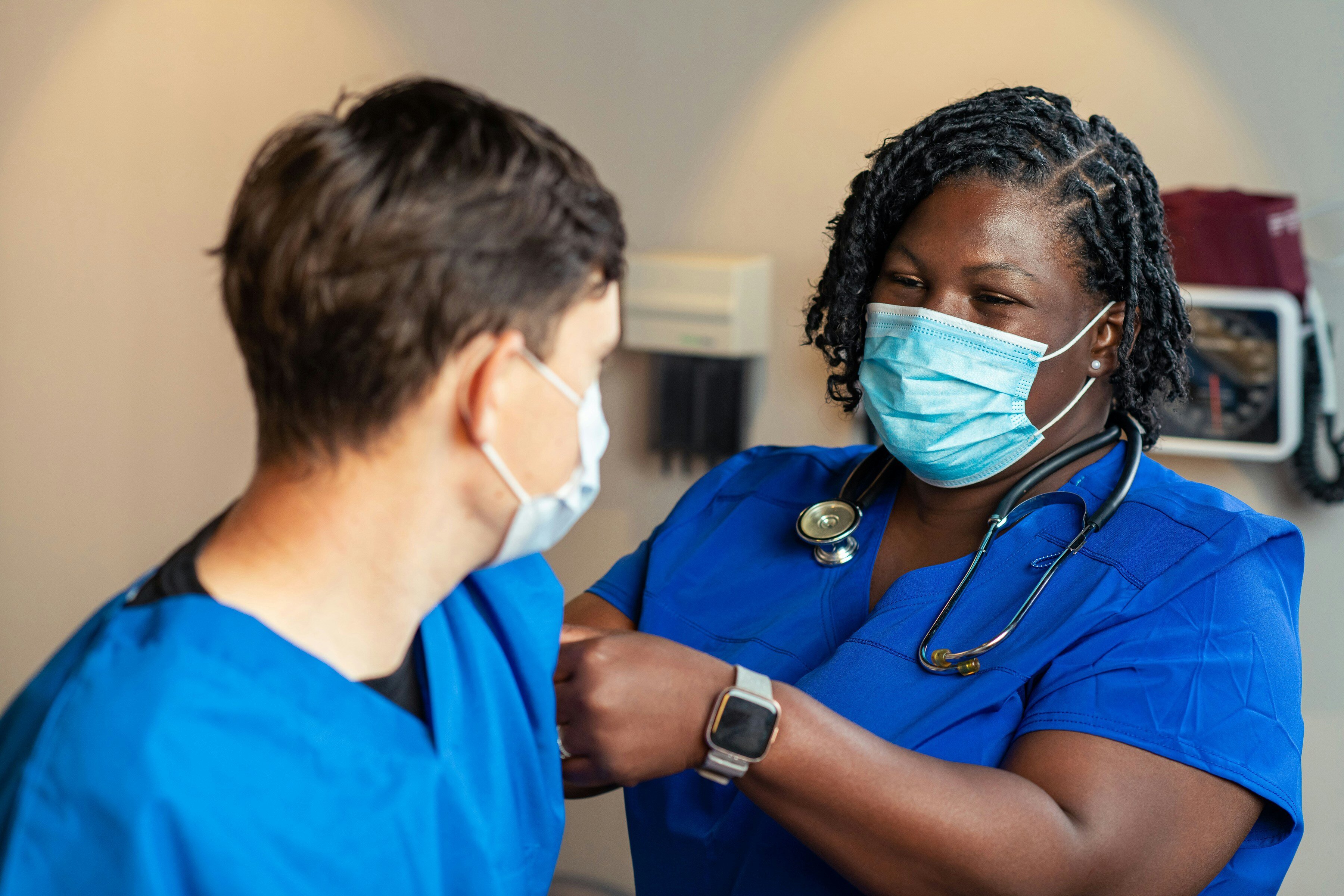
Words matter, especially when they influence how we approach substance use disorder (SUD) among healthcare professionals.
At the 2024 International Health Facility Diversion Association (IHFDA) Annual Conference, this truth came to the forefront as experts discussed the critical role language plays in supporting recovery. David Shapiro, assistant director of programs and partnerships at the Centers for Health, Work & Environment, explored how adopting supportive, non-stigmatizing language can pave the way for recovery-friendly workplaces in healthcare—a vital step toward fostering safety and inclusion in high-stress environments.

The Total Worker Health® Pilot Project Program, offered through the Centers for Health, Work & Environment, has awarded funding to two innovative projects aimed at enhancing the well-being of essential yet underserved worker populations. Awarded leads of these two projects, Lisa Gonzales and Sara Kohlbeck, share more details about their research and what excites them most about their projects. Their responses provide a glimpse into the goals, target populations, and innovative activities designed to improve well-being in challenging work environments.

On September 12, 2024, David Shapiro, assistant director of programs and partnerships at the Centers for Health, Work & Environment, spoke at the National Academies of Sciences, Engineering, and Medicine as part of the Alcohol at Sea Study Committee. The study, sponsored by the U.S. Coast Guard, aims to assess the prevalence of alcohol misuse among crew members aboard U.S. commercial vessels and provide policy recommendations to enhance safety in this critical sector. Given the maritime industry's unique challenges—extended shifts, isolation, high job demands, and confined living conditions—substance use, particularly alcohol misuse, poses a severe risk to the health and safety of workers and operations.

Center for Health, Work, and Environment and Colorado School of Public Health thought leadership plays a central role on the national stage.
Aurora, Colorado (September 18, 2024)—Today, in recognition of National Recovery Month, David Shapiro, Assistant Director of Programs & Partnerships at the Center for Health, Work & Environment (CHWE) at the Colorado School of Public Health (ColoradoSPH), participated in an important roundtable discussion at the White House on behalf of the Colorado Recovery Friendly Workplace Initiative (RFWI). This event, held in Washington, D.C., is a critical gathering of national leaders dedicated to advancing recovery-friendly workplace policies.

The Mountain & Plains Education and Research Center (MAP ERC), part of the Center for Health, Work & Environment at the Colorado School of Public Health, is one of 18 centers across the U.S. supported by the National Institute for Occupational Safety and Health. MAP ERC's mission is to address occupational health needs in Colorado, New Mexico, Arizona, Montana, and Wyoming by educating the future occupational health and safety workforce, developing partnerships, and funding pilot research.
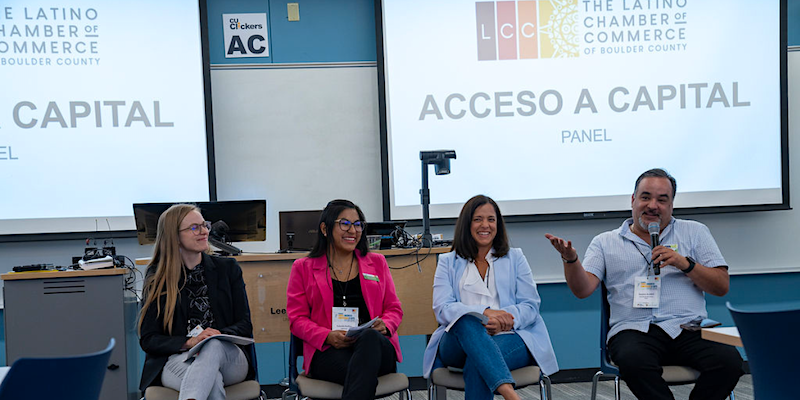
Latino workers are integral to the U.S. labor force, contributing significantly to various industries and communities. However, they face a concerning disparity in workplace safety. According to the Bureau of Labor Statistics, the fatality rate for Hispanic or Latino workers stands at 4.5 per 100,000 full-time equivalent workers, compared to the overall rate of 3.6 in the U.S. This statistic highlights a stark reality: Latino workers are nearly 30% more likely to experience a fatal job-related injury. The root causes of this increased risk include limited access to resources and significant language barriers. In response to these challenges, our research team at the Center of Health, Work & Environment embarked on a mission to better understand and address the needs of Latino workers and businesses.
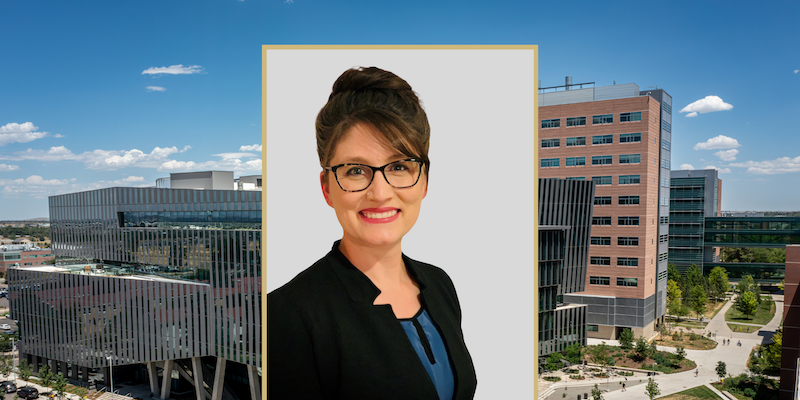
Ruby Savage, BSN, RN, COHN-S, an alum of the Colorado School of Public Health Total Worker Health® certificate program, reflects on her work to integrate TWH concepts into health and safety strategies as an occupational health nurse at a heavy industry worksite. Her approach emphasizes active worker engagement and cross-departmental collaboration, creating a cohesive and supportive environment that promotes the overall well-being of the industrial workforce.

Health Links® recognizes Colorado employers dedicated to advancing workplace health, safety, and well-being annually. At this year's event, Celebrating Healthy Workplaces, Health Links honored award winners and finalists for their remarkable achievements. The event provided attendees with a unique and exciting opportunity to learn from successful business leaders and peers and collaborate with like-minded professionals. Throughout the event, participants explored services and programs aimed at helping them achieve workplace health, safety, and well-being goals.
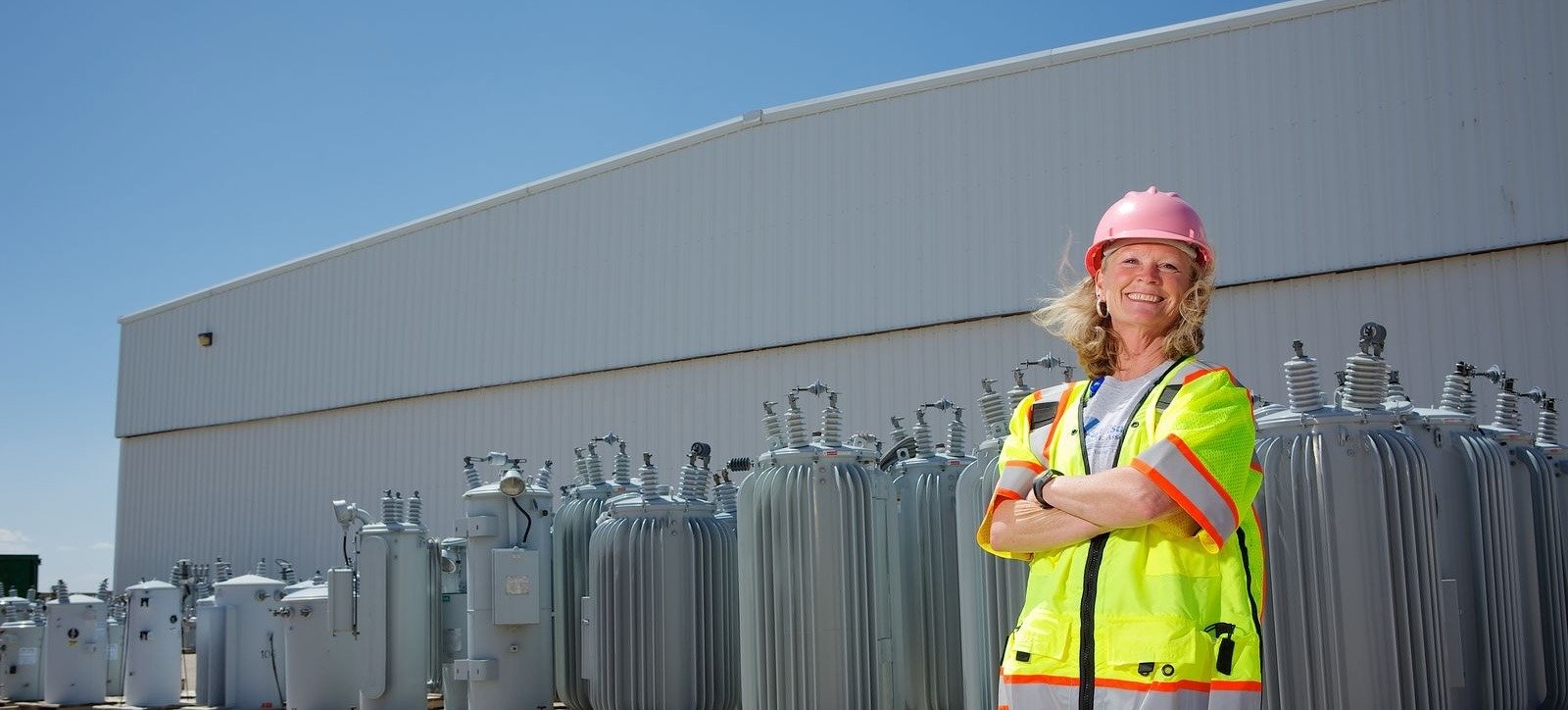
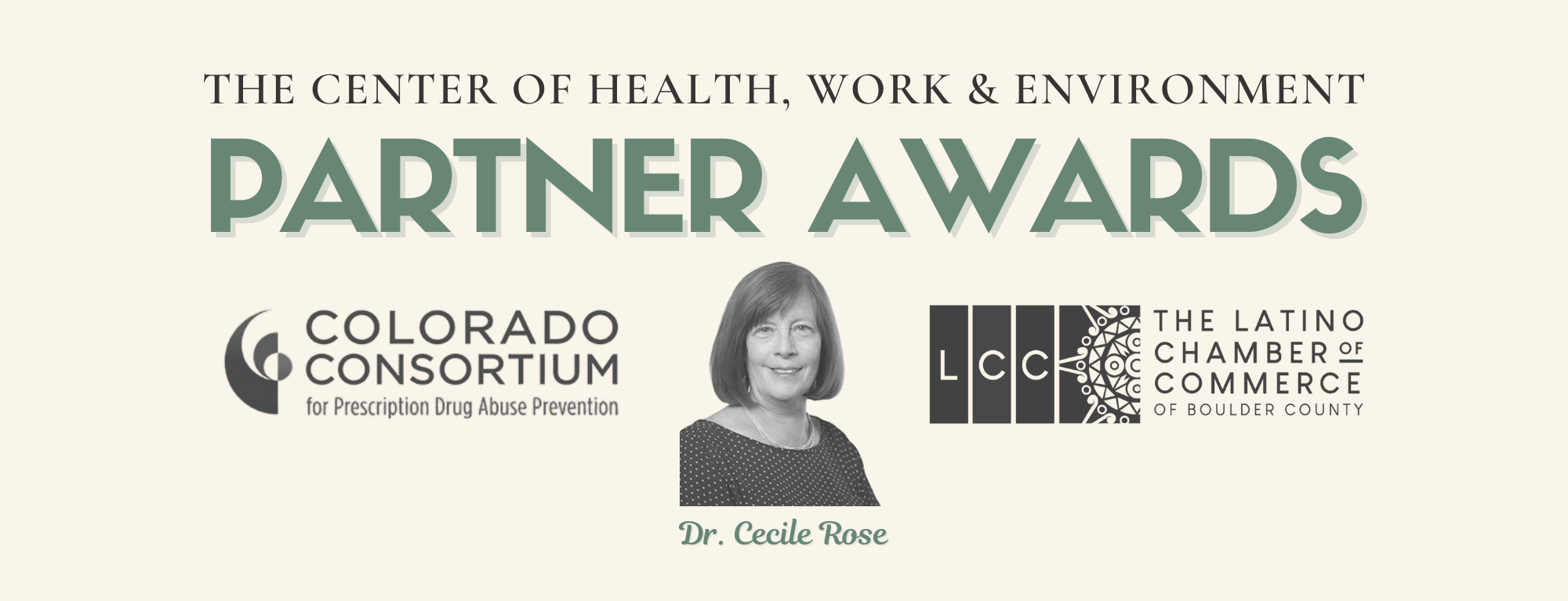
The Center for Health, Work & Environment (CHWE) at the Colorado School of Public Health, CU Anschutz Medical Campus, held its fifth annual Partner Awards Ceremony, honoring the dedication and achievements of key partners in the field of occupational health and safety. This year’s event celebrated the impactful work of organizations and individuals who have made significant contributions to the mission of improving worker health, safety, and well-being.

The Center of Health, Work & Environment (CHWE) at the Colorado School of Public Health (ColoradoSPH) proudly announces the launch of WeCanWork (Well-Being and Cancer at Work), an innovative program designed to provide comprehensive support to cancer patients as they balance work responsibilities and treatment.

AURORA, COLORADO (June 6, 2024) – Governor Polis has signed Senate Bill 24-048. The legislation will invest nearly $1.5 million over the next four years in the Center for Health, Work, and Environment (CHWE) at the Colorado School of Public Health (ColoradoSPH). Specifically, the legislation will support the Center and School’s efforts to establish Recovery Friendly Workplaces (RFW) and implement a voluntary employer participation and certification program to support individuals recovering from addiction and coping with other mental and behavioral health challenges.

Miranda Dally, MS, research instructor and DrPH candidate at the Colorado School of Public Health’s Center for Health, Work and Environment and Department of Environmental and Occupational Health, was chosen to be the 2024 graduation student speaker. We sat down with Miranda to learn more about why she was selected, her future plans, and what her convocation speech might include.
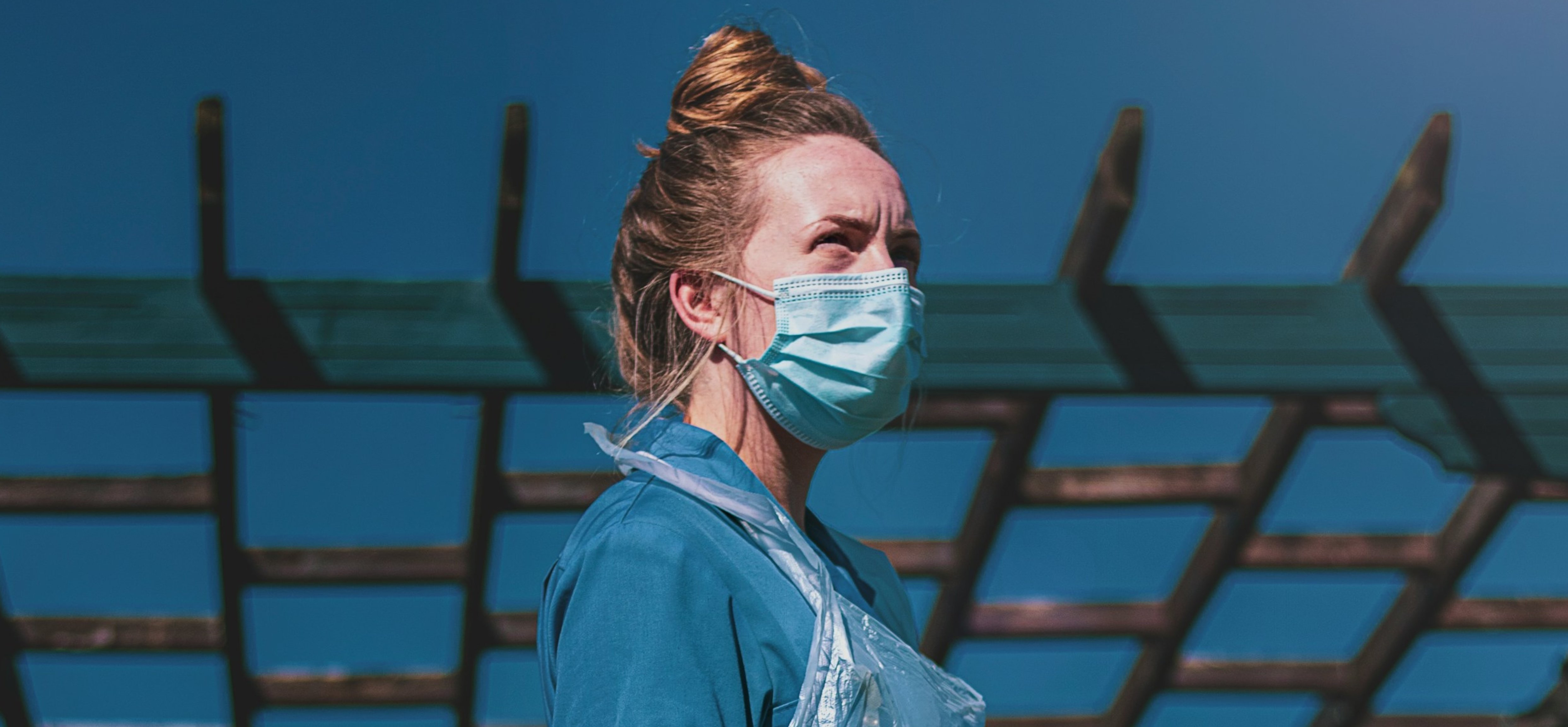
What do space exploration, healthcare, construction, and public school workers have in common? They all form teams to carry out their missions! Teamwork requires working together to achieve common goals, solve problems, and innovate. Emerging evidence suggests that multiple people can lead teams at one time. Interest in shared leadership research led me to study why and how this phenomenon might happen in the Total Worker Health® context.

The many challenges and opportunities for improving health and safety for workers were in the spotlight April 4 at the 2024 Research Day Symposium, sponsored by the Center for Health, Work & Environment (CHWE) in the Department of Environmental & Occupational Health at the Colorado School of Public Health.
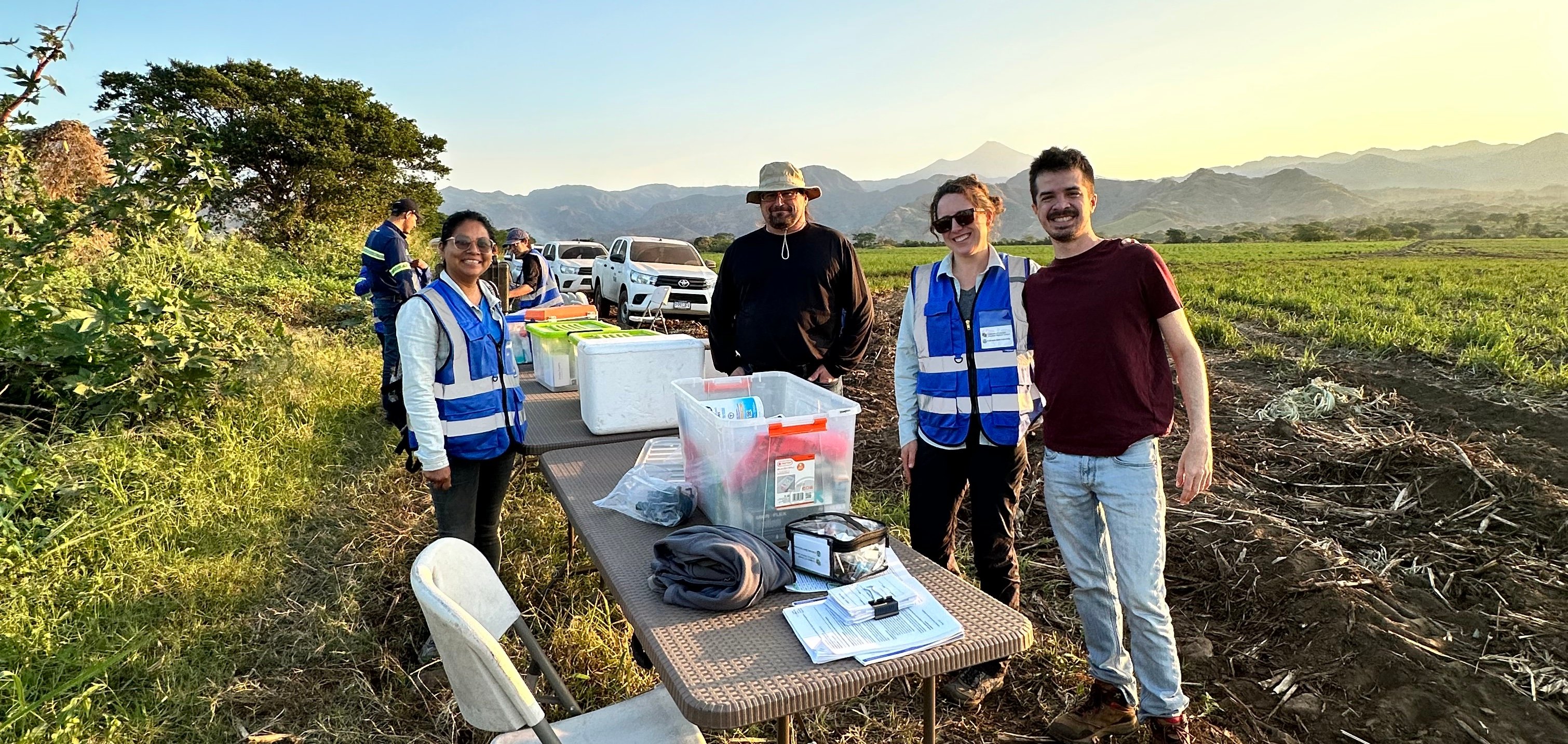
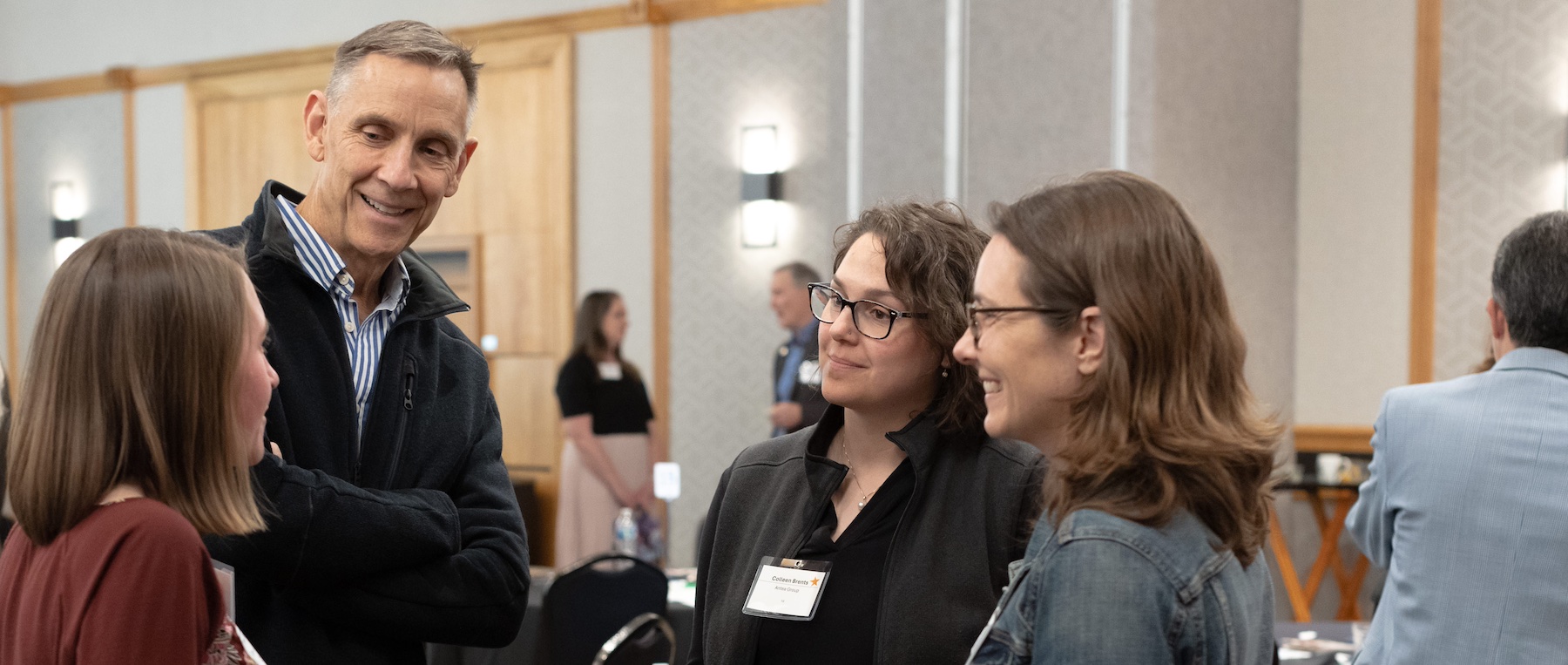
Last week, the Mountain & Plains Education and Research Center (MAP ERC) hosted the 15th Annual Research Day Symposium, in partnership with the Department of Environmental and Occupational Health (EOH) at the Colorado School of Public Health. This annual event showcases the innovative and transdisciplinary research of trainees from the past year.
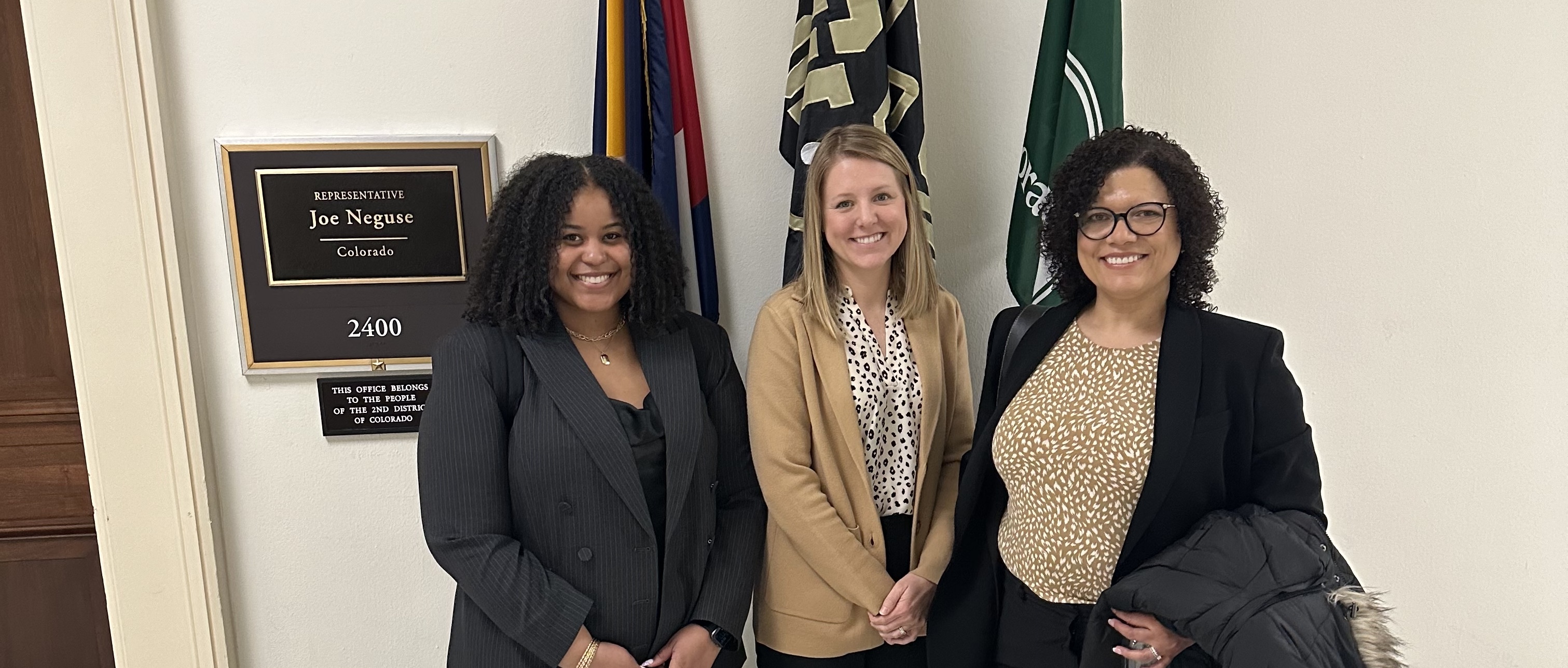
Every February, delegates from NIOSH-funded centers across the United States gather in Washington DC to meet with staff from the offices of elected officials and provide updates on what we have done to support workers in their districts. Ultimately, we talk about how our work over the past year uses NIOSH funds to improve the health, safety, and well-being of workers. The interests of elected officials and their staff vary widely depending on their politics, the type of businesses operated within their districts, and many other crucial points.

If you offer your employees access to digital mental health applications, how do you know if the apps are actually helping them? Many employers understand their workforce’s need for mental health support. Nearly 60% of adults in the U.S. report having been concerned for either their own mental health or that of family and friends, increasing 9% since April of 20201. Poor employee mental health is associated with a $1 trillion annual global cost in productivity2.

The San Luis Valley sits between two major mountain ranges—the San Juans and the Sangre de Cristos—in south-central Colorado. As the upper headwater region for the Rio Grande River, the San Luis Valley is a fertile and important agricultural part of the state, supporting the majority of Colorado’s potato and buckwheat crop.

Women's health is not just a women's issue. It's a societal issue that affects local communities and the economy. While women have made major headway towards equality, many areas of their lives require additional support to be made truly equal to their male counterparts. One of those areas is in the workplace.

Occupational safety and health is a field that focuses on improving the safety, health and well-being of workers. So often the burden of occupational hazards is reported in numbers – number of illnesses, number of injuries, number of incidents. It is easy for people to gloss over those numbers and to fail to grasp the meaning behind them.

Teachers and staff shoulder a significant burden of responsibility for emergency preparedness in pre-k-12 schools. While emergency drills, including active harmer (lockdown, lockout) drills, are designed to instill confidence, they can sometimes lead to fear, anxiety and confusion. Teachers are expected to lead the drills by directing and evacuating students, locking down classrooms, providing safety checks, and emotionally supporting students. Teachers often have unanswered questions and increased anxieties associated with drills and other emergency preparedness efforts. This underscores the importance of providing necessary resources to better support the school workforce, including psychological preparedness and other mental health supports, in addition to regular access to safety and security personnel



Climate change is impacting our food chain, and the workers who grow, harvest, and package that food. Global temperatures increases affect the health of workers in the agricultural industry.
Researchers from the Center for Health, Work & Environment (CHWE) at the Colorado School of Public Health (ColoradoSPH) have completed their first round of data collection for a two-year heat-related research project with agricultural workers in Jalisco, Mexico, as the implementing partner ofthe International Labour Organization (ILO)'s Vision Zero Fund. The seasoned team of experts from CHWE are working to improve workers’ occupational safety and health in selected supply chains in Mexico.

The Colorado School of Public Health on the University of Colorado Anschutz Medical Campus is preparing to play a lead role in investigating and responding to the rapidly intensifying effects of global climate change.
The school is launching the nation’s first PhD program that focuses specifically on climate change and its multiple impacts on people’s health and the communities where they live. The inaugural class of the PhD in Climate & Human Health program is set for the Fall 2024 semester, said program director Katherine James, PhD, MSPH, MSCE, associate professor of environmental and occupational health and in the Center for Health, Work & Environment at ColoradoSPH.


It’s your first day back in the office in almost two years. You’re anxious. Some thoughts run through your mind: How am I going to work for eight hours straight at my desk? What am I going to do for lunch? How am I going to cope with so much personal interaction? How did I commute to the office five days a week before the pandemic?


In spite of a global pandemic, many colleges and universities across the United States are gearing up for the fall football season. While this slice of normalcy may be comforting, it could also come at an enormous cost – the well-being of the student athletes.

For the second year in a row, Colorado Governor Jared Polis has demonstrated the state’s commitment to worker health, safety, and well-being by proclaiming Aug. 20 Total Worker Health® Day. Health Links™, a program based at the Center for Health, Work & Environment at the Colorado School of Public Health, is the champion of this officially sanctioned day.